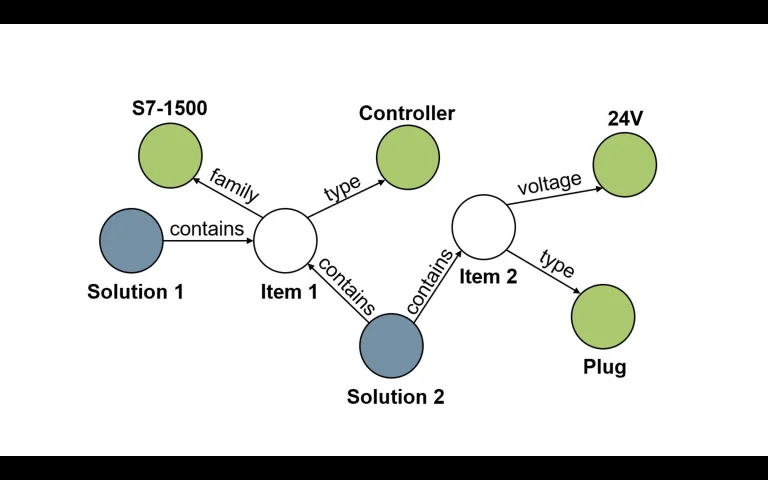



ELLIS adds 13th Program to the network
Tübingen, December 1, 2020 – The European Laboratory for Learning and Intelligent Systems (ELLIS) has added a new Fellowship program to its pan-European network.
The Semantic, Symbolic, and Interpretable Machine Learning program comprises 13 fellows and two scholars from 15 world-class institutions across Europe. The program will be headed by Volker Tresp of Munich’s Ludwig Maximilian University and Siemens, Kristian Kersting of the Technical University of Darmstadt, and Paolo Frasconi of the University of Florence.
The new Fellowship Program is the 13th to be established since the initial programs were launched in 2019. It will focus on approaches to machine learning (ML) that operate at the level of human abstraction, where the world is described in terms of entities, concepts, and the relationships between them. Topics of research include multi-relational learning with (temporal) knowledge graphs and the extraction of statistical and logical regularities from data. Methods include embedding approaches, graph neural networks, scene graph analysis, neuro-symbolic programming, and inductive logic programming.
Also a member of the European Network of AI Excellence Centers (ELISE), the Fellowship program aims to provide researchers in the field with a platform for fruitful collaboration with scientists in related disciplines, such as natural language processing (NLP), vision, and geometric deep learning.
The following institutions and organizations are participating in the program: University of Bologna, University of Bonn, University of Bristol, Technical University of Darmstadt, University of Florence, Facebook AI Research, Jozef Stefan Institute, KU Leuven, Imperial College London, University College London, LMU Munich, Technical University of Munich, University of Oxford, Siemens AG, University of Siena, Technion Israel Institute of Technology.
